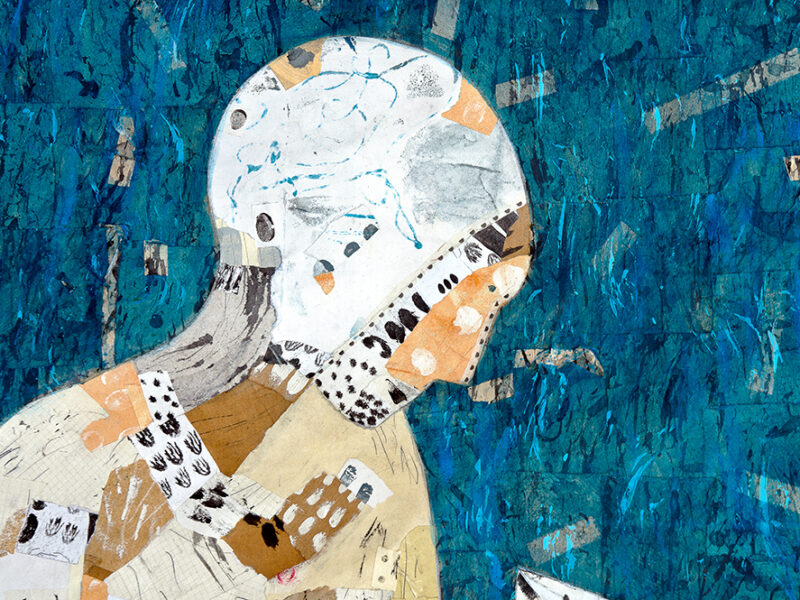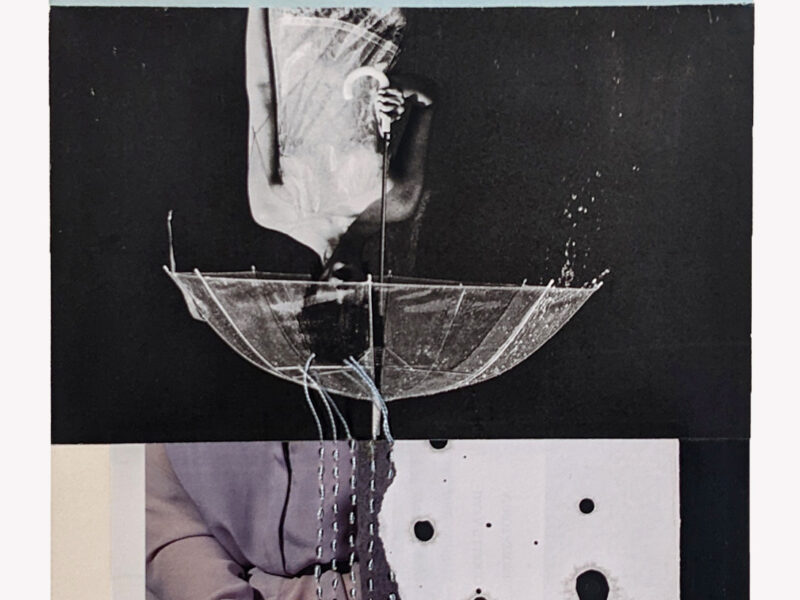
Escapista | KLS
Kleine-Levin Syndrome (KLS) is a rare and complex neurological disorder characterized by recurring periods of excessive amounts of sleep, altered behavior, and a reduced understanding of the world. The disorder strikes adolescents primarily but can occur in younger children and adults. At the onset of an episode the patient becomes progressively drowsy and sleeps for most of the day and night (hypersomnolence), sometimes waking only to eat or go to the bathroom. Each episode lasts days, weeks or months during which time all normal daily activities stop. Individuals are not able to care for themselves or attend school and work. In between episodes, those with KLS appear to be in perfect health with no evidence of behavioral or physical dysfunction. KLS episodes may continue for 10 years or more. KLS is sometimes referred to in the media as “Sleeping Beauty” syndrome. In addition to excessive sleep, a Kleine-Levin Syndrome (KLS) patient’s whole demeanor is changed, often appearing “spacey” or childlike. When awake the patient experiences confusion, disorientation, complete lack of energy (lethargy), and lack of emotions (apathy). Most patients report that everything seems out of focus, and that they are hypersensitive to noise and light. In some cases, food cravings (compulsive hyperphagia) are exhibited. Instances of uninhibited hyper- sexuality during an episode have also been reported.



Kleine-Levin Syndrome (KLS) episodes are cyclical. When present, KLS symptoms persist for days, weeks or even months, during which time all normal daily activities stop. Individuals are not able to attend school, work or care for themselves. Most are bedridden, tired and uncommunicative even when awake. Not everyone affected by KLS exhibits all of the symptoms described above. Affected individuals may go for a period of weeks, months or even years without experiencing any symptoms, and then symptoms reappear with little warning. In between episodes, those diagnosed with KLS appear to be in perfect health with no evidence of behavioral or physical dysfunction. However they function daily with the frightful reality that they could become sick again at any moment. KLS episodes may continue to reoccur for a decade or longer with devastating effects on the adolescent’s life and family. KLS robs children and young adults of big pieces of their lives, one agonizing episode at a time. The mean diagnostic delay for proper Kleine-Levin Syndrome (KLS) diagnosis is four years. This means that it takes the average KLS patient four years before receiving an accurate diagnosis causing undue suffering to patients and families. The cause of Kleine-Levin Syndrome is not known.



